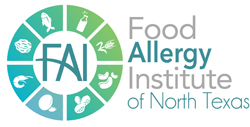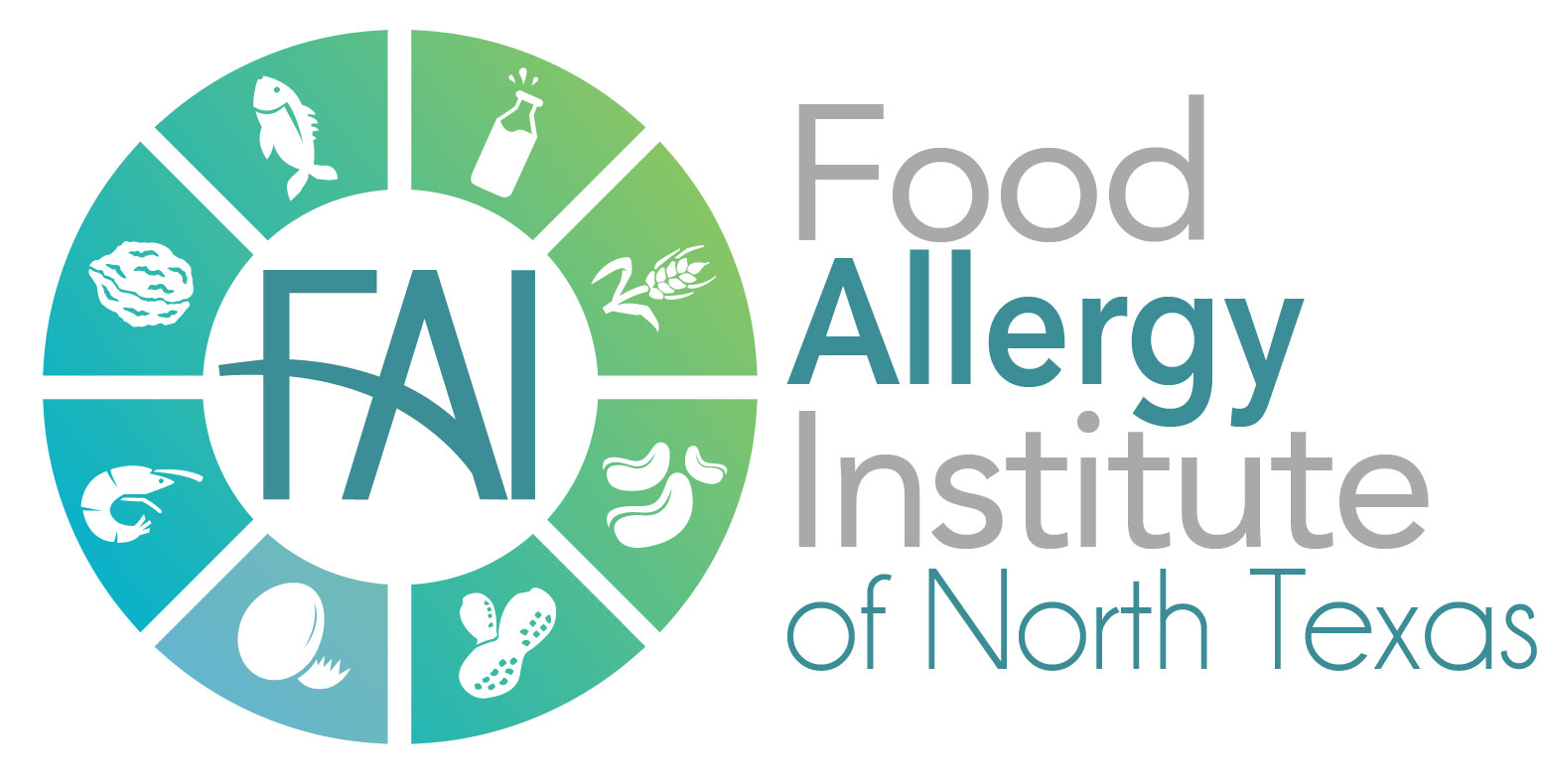29 Dec Should we be buying organic?
IS ORGANIC ANY HEALTHIER?
Ensuring that your allergic child meets his/her nutritional requirements can be a challenging task.
In your quest to provide the optimal diet, many parents ask me: Do I need to buy organic? The reality is, there is no nutritional difference between organic and conventionally produced foods. What is certain, though, is that they are beneficial to the environment, and they cost more.
When referring to produce, thinned skin fruits and vegetables often carry the most pesticides. The concern with conventionally grown produce is the residual pesticides that have unknown effects on human health. Although the amount of research is minimal, there is some data that links pesticide exposure to neurological defects, cancer, and other life-threatening conditions.
Every year the Environmental Working Group creates a list of the “dirty dozen” which are the 12 fruits and vegetables that carry the greatest concentration of chemical residues and are thus most critical to purchase organically.
They include:
- Apple
- Peaches
- Nectarines
- Strawberries
- Grapes
- Celery
- Spinach
- Sweet bell peppers
- Cucumbers
- Cherry tomatoes
- Snap peas
- Potatoes
The group also publishes The Clean 15, a list of the 15 conventionally grown fruits and vegetables found to have he lowest amount of pesticide residues. They include:
- Asparagus
- Avocados
- Cabbage
- Cantaloupe
- Sweet corn
- Eggplant
- Grapefruit
- Kiwi
- Mangoes
- Mushrooms
- Onions
- Papayas
- Pineapples
- Sweet peas (frozen)
- Sweet potatoes
If you are willing to go organic, these are the ones to shop for. If money is an issue, however, there are some things that you can do. They include:
- Wash your hands for 20 seconds with warm water and soap before and after preparing fresh produce to prevent the spread of bacteria
- Cut away any damaged or bruised areas before preparing or eating
- Wash produce before you peel it so that dirt and bacteria aren’t transferred from the knife onto the fruit or vegetable
- Wash produce with a clean cloth or paper towel to further reduce bacteria that may be present.
- Throw away the outer leaves of leafy vegetables such as lettuce and cabbage
- Trim the fat from meat and the fat and skin from poultry and fish. Residues of some pesticides concentrate in animal fat.
Whether or not you choose to buy organic, realize that organic shopping is not crucial to meeting the nutritional needs of your family. Taste, environmental sustainability and reduced pesticide exposure are all very good reasons to make organic food choices.


